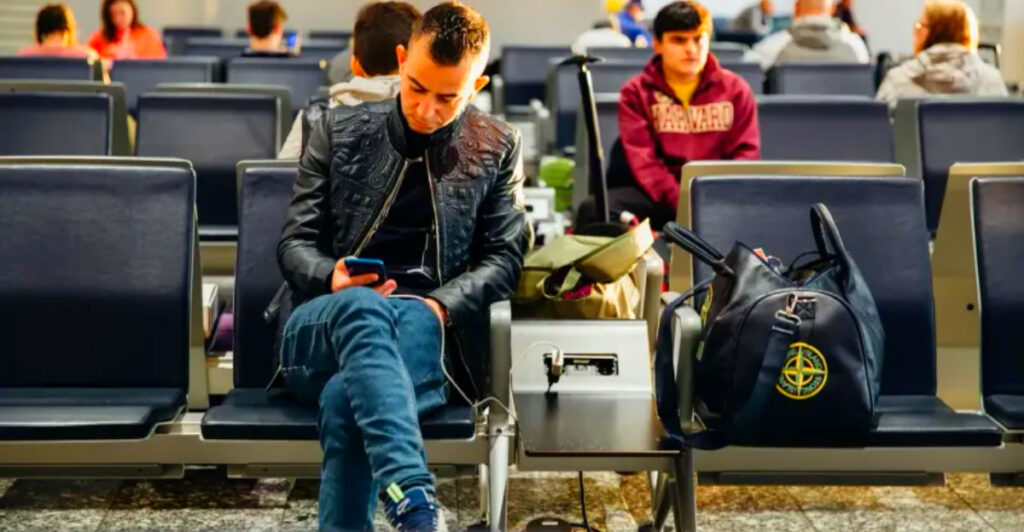Vacation time should be about relaxation and fun, not dealing with expensive surprises at the airport or your destination. Unfortunately, many travelers make simple packing mistakes that end up costing them serious money. From getting hit with hefty baggage fees to losing valuable items at security checkpoints, these errors can quickly turn your dream trip into a budget nightmare.
1. Ignoring the 3-1-1 Liquids Rule and Duty-Free Gotchas
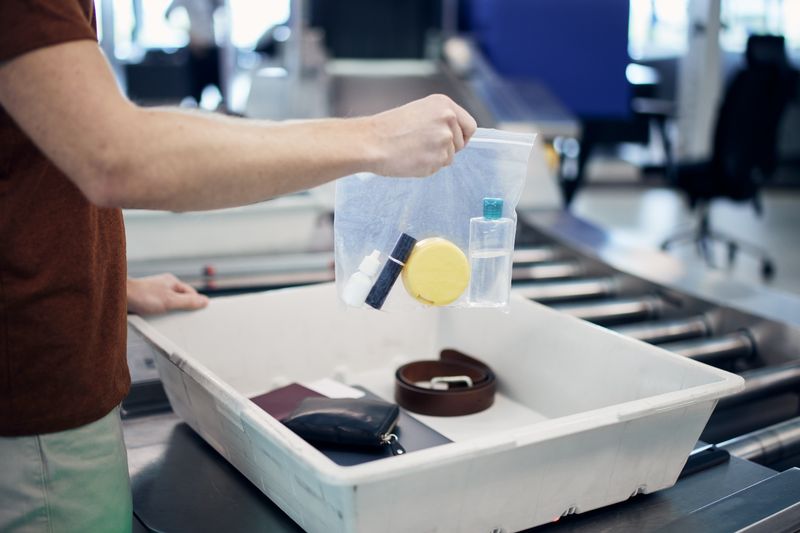
Airport security loves to confiscate that expensive shampoo you forgot to check. The 3-1-1 rule means liquids must be 3.4 ounces or smaller, fit in one quart bag, and you get one bag per person.
Breaking this rule forces you to either throw away pricey toiletries or pay unexpected checked bag fees. Duty-free purchases create another trap – those sealed bags only work if you go straight to your final destination.
Smart travelers buy small travel containers before leaving home. Pack larger bottles in checked luggage from the start, and keep duty-free receipts handy until you reach your hotel.
2. Putting Power Banks in Checked Baggage
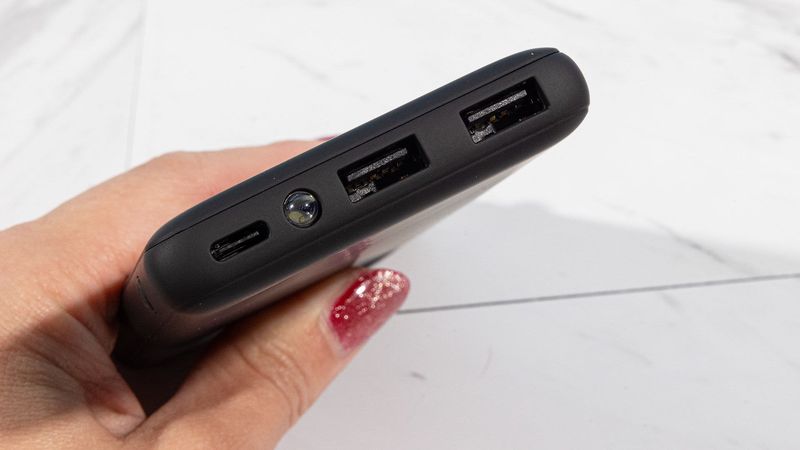
Airlines treat lithium batteries like tiny bombs when packed in cargo holds. Power banks and spare batteries must travel in your carry-on bag, period.
Larger batteries need special airline approval, and anything over 160 watt-hours gets banned completely. Violating these rules means losing your expensive portable charger or facing flight delays while security sorts things out.
Check your power bank’s rating before packing – multiply volts times amp-hours to get watt-hours. Cover battery terminals with tape, keep them in your cabin bag, and save yourself the headache of dead devices on vacation.
3. Skipping Luggage Trackers Because You Think They’re Banned
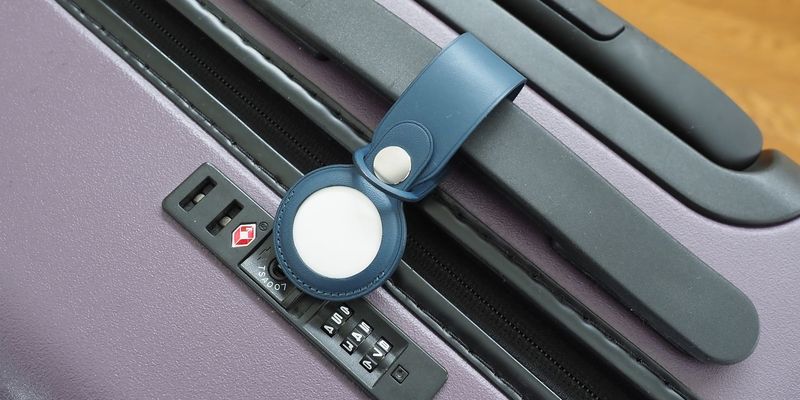
Lost luggage happens more often than airlines admit, but many travelers skip trackers thinking they’re prohibited. Small coin-cell trackers are actually allowed in checked bags under strict battery limits.
When your suitcase takes an unplanned detour to another continent, that twenty-dollar tracker becomes worth its weight in gold. You’ll know exactly where your belongings are instead of waiting days for airline updates.
Choose compliant trackers with proper battery specifications and confirm your airline’s specific policy. Keep the device active so you can instantly locate missing bags and get back to enjoying your trip faster.
4. Burying Medications in Checked Luggage

Nothing ruins a vacation faster than losing access to essential medications. Checked bags get delayed, lost, or sent to wrong destinations regularly, leaving you scrambling for expensive replacements abroad.
International travel adds another layer of complexity – some countries restrict common medications that are perfectly legal at home. Arriving without proper documentation can mean confiscation or legal troubles.
Pack a small medication kit in your personal carry-on item. Keep pills in original containers with prescription labels, bring copies of prescriptions, and research destination restrictions through embassy websites before departing.
5. Forgetting Power Adapters and Voltage Differences
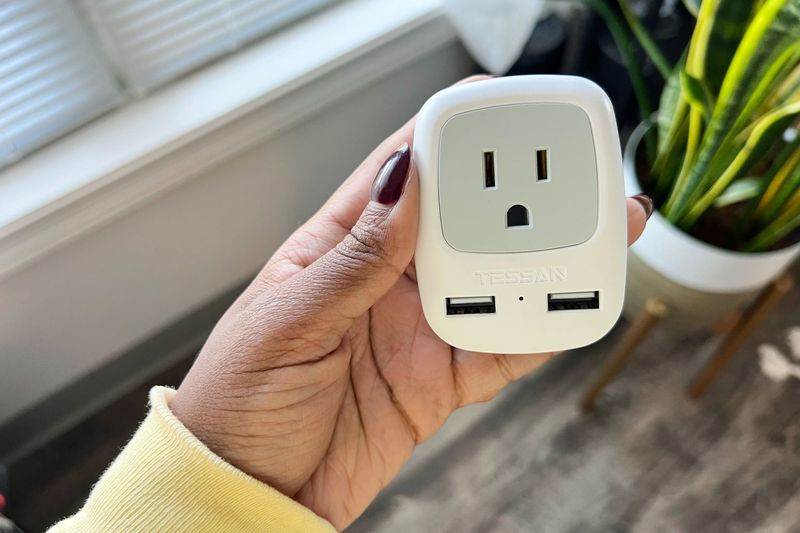
Picture plugging your expensive hair dryer into a European outlet – sparks fly, literally. Different countries use various plug types and voltage standards that can fry your electronics instantly.
Hotel gift shops charge premium prices for basic adapters, and replacing damaged devices abroad costs even more. The United States uses 120 volts while most other countries use 230 volts – double the power.
Research your destination’s plug type and voltage before packing. Invest in a quality universal adapter and check if your devices handle dual voltage. When in doubt, leave single-voltage appliances at home rather than risk expensive replacements.
6. Overpacking Past Weight and Size Limits
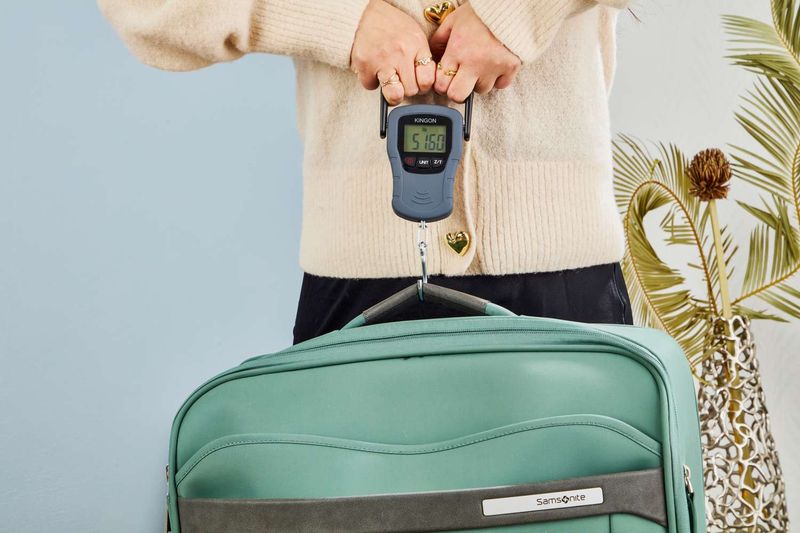
Airline scales don’t lie, and overweight fees hit harder than sticker shock at airport restaurants. Each airline sets different limits, and exceeding them by even one pound triggers expensive penalties.
Oversize bags face even steeper charges, sometimes costing more than your original ticket. Many travelers also miss out on fee refunds when things go wrong because they don’t keep receipts or know their rights.
Weigh and measure bags at home using a luggage scale and tape measure. Research your specific airline’s allowances since they vary significantly. Save all receipts – Department of Transportation rules may entitle you to refunds for delayed bags.
7. Packing Prohibited Aerosols and Styling Tools Incorrectly
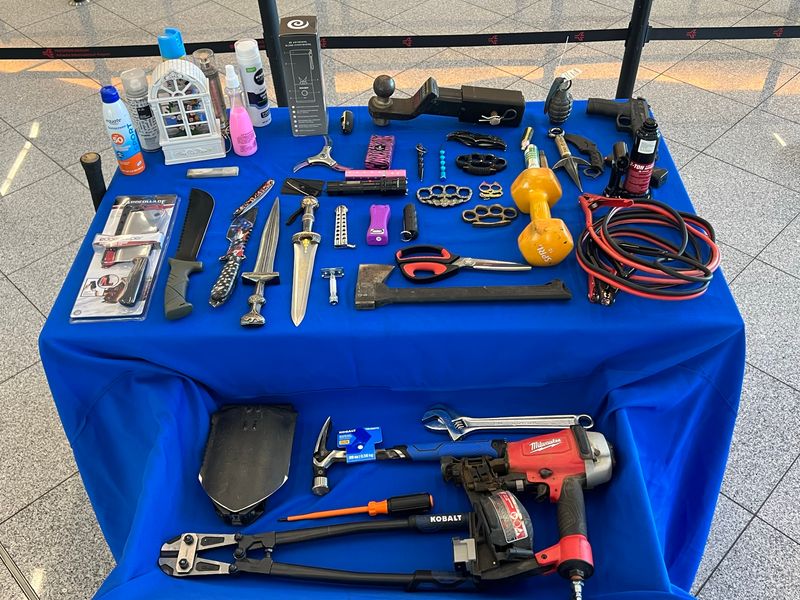
Bug spray seems essential for tropical vacations, but certain aerosols are completely banned from planes. Insecticide sprays designed for room use won’t make it past security in either carry-on or checked bags.
Butane curling irons create similar confusion – they’re carry-on only and need safety covers. Fuel refills are banned everywhere, forcing expensive destination purchases if you run out.
Stick with skin-applied repellents that meet liquid limits for carry-on travel. Double-check specific aerosol regulations on TSA’s website before packing, and always bring safety covers for gas-powered styling tools to avoid confiscation.
8. Not Keeping 24-Hour Essentials in Carry-On
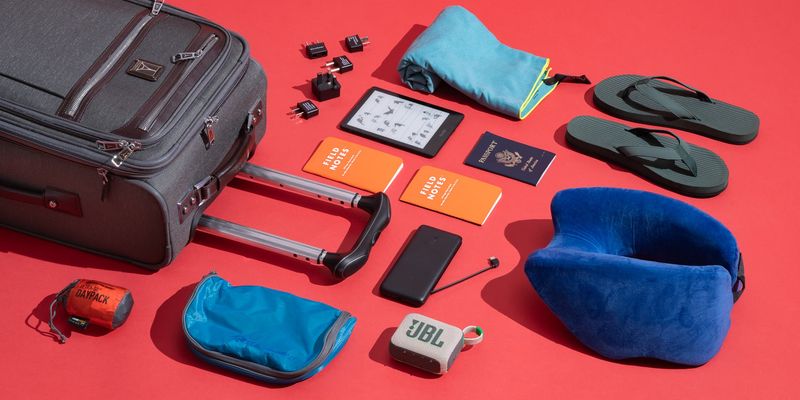
Resort shops prey on travelers whose luggage went missing, charging triple for basic items you packed in checked bags. That swimsuit you need for tomorrow’s beach day costs fifty dollars at the hotel gift shop.
Airlines now must refund checked bag fees for significantly delayed luggage, but that doesn’t cover the premium prices you’ll pay for immediate necessities. First impressions matter, especially on business trips or special occasions.
Pack one complete outfit, swimwear, flip-flops, chargers, and essential toiletries in your personal carry-on item. Keep purchase receipts if you must buy replacements – some travel insurance policies reimburse delayed baggage expenses.
9. Overlooking Passport Validity and Entry Requirements
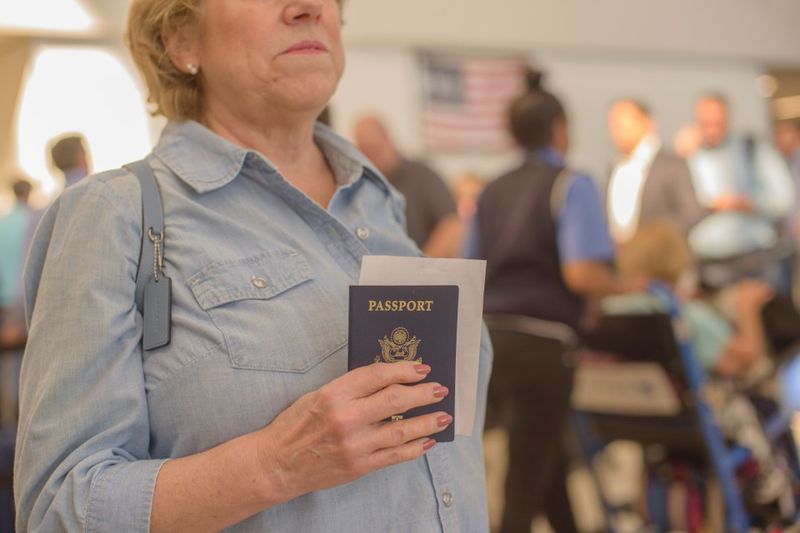
Airlines can deny boarding if your passport doesn’t meet destination requirements, even when it’s technically valid. Many countries demand at least six months of remaining validity beyond your return date.
Gate agents follow strict rules and won’t make exceptions, regardless of how much you spent on tickets. Getting turned away at departure means losing money on flights, hotels, and planned activities.
Check official embassy websites for specific entry requirements before booking anything. Passport renewal takes weeks or months, so start early if you’re cutting it close. Don’t rely on travel websites – get information straight from government sources.
10. Failing to Prepare Your Phone Plan for International Use
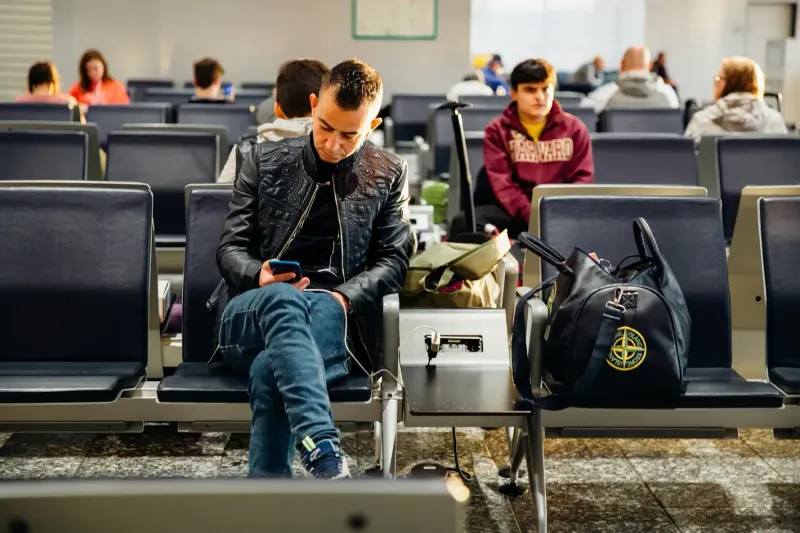
International roaming charges hit like lightning – one day of normal usage can generate hundreds of dollars in fees. Carriers love surprising customers with massive bills after vacation ends.
Background app updates, photo syncing, and map downloads silently drain data while you sleep. Social media uploads from that amazing sunset dinner can cost more than the meal itself.
Contact your carrier about international plans before leaving home. Download offline maps and entertainment content while on WiFi. Enable usage alerts and disable automatic updates to avoid bill shock that ruins your post-vacation glow.
11. Putting Undeveloped Film Through Security Scanners
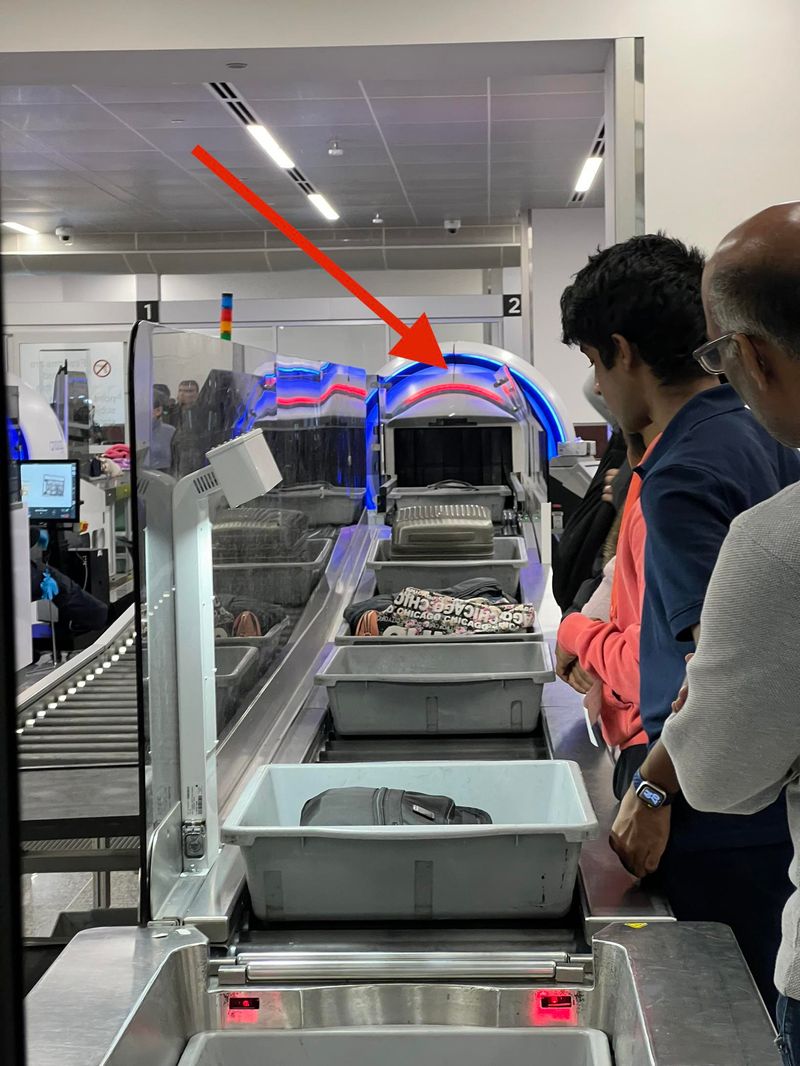
Film photography is making a comeback, but modern airport scanners pack enough power to turn your vacation memories into expensive blank rolls. High-speed film is especially vulnerable to damage.
TSA agents can hand-inspect film when requested, but many travelers don’t know this option exists. Checked baggage scanners are even more powerful and will definitely ruin undeveloped images.
Pack film in clear bags in your carry-on luggage and politely request hand inspection at security checkpoints. Arrive with extra time since manual checks take longer. Consider shipping exposed film home separately to avoid any scanner exposure risks.
12. Skipping Luggage Labels and Proper Locks
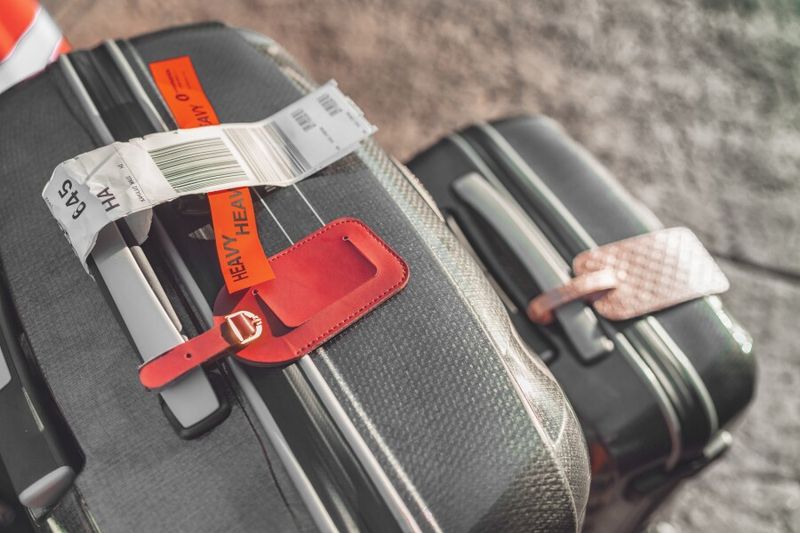
Baggage tags fall off more often than airlines admit, and bags without internal identification become nearly impossible to reunite with owners. Your suitcase joins thousands of other orphaned luggage pieces.
Regular locks force security to cut them off when bags need inspection, leaving your belongings unprotected. Non-TSA locks get destroyed, and you lose both security and the lock itself.
Write your contact information on cards inside every bag compartment, not just outside tags. Use TSA-recognized locks that agents can open and relock after inspection. Include your destination hotel information in case your phone number doesn’t work internationally.

